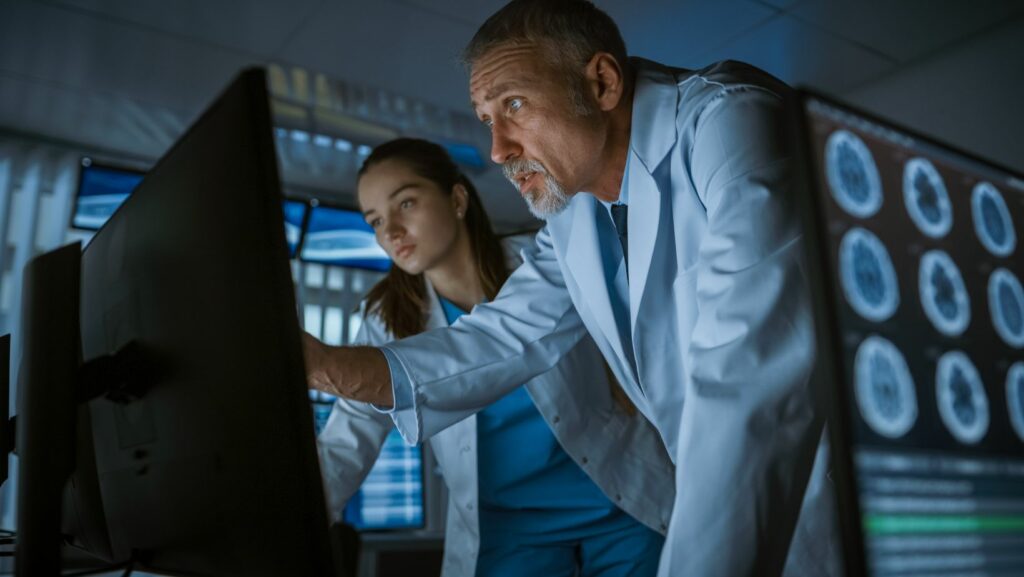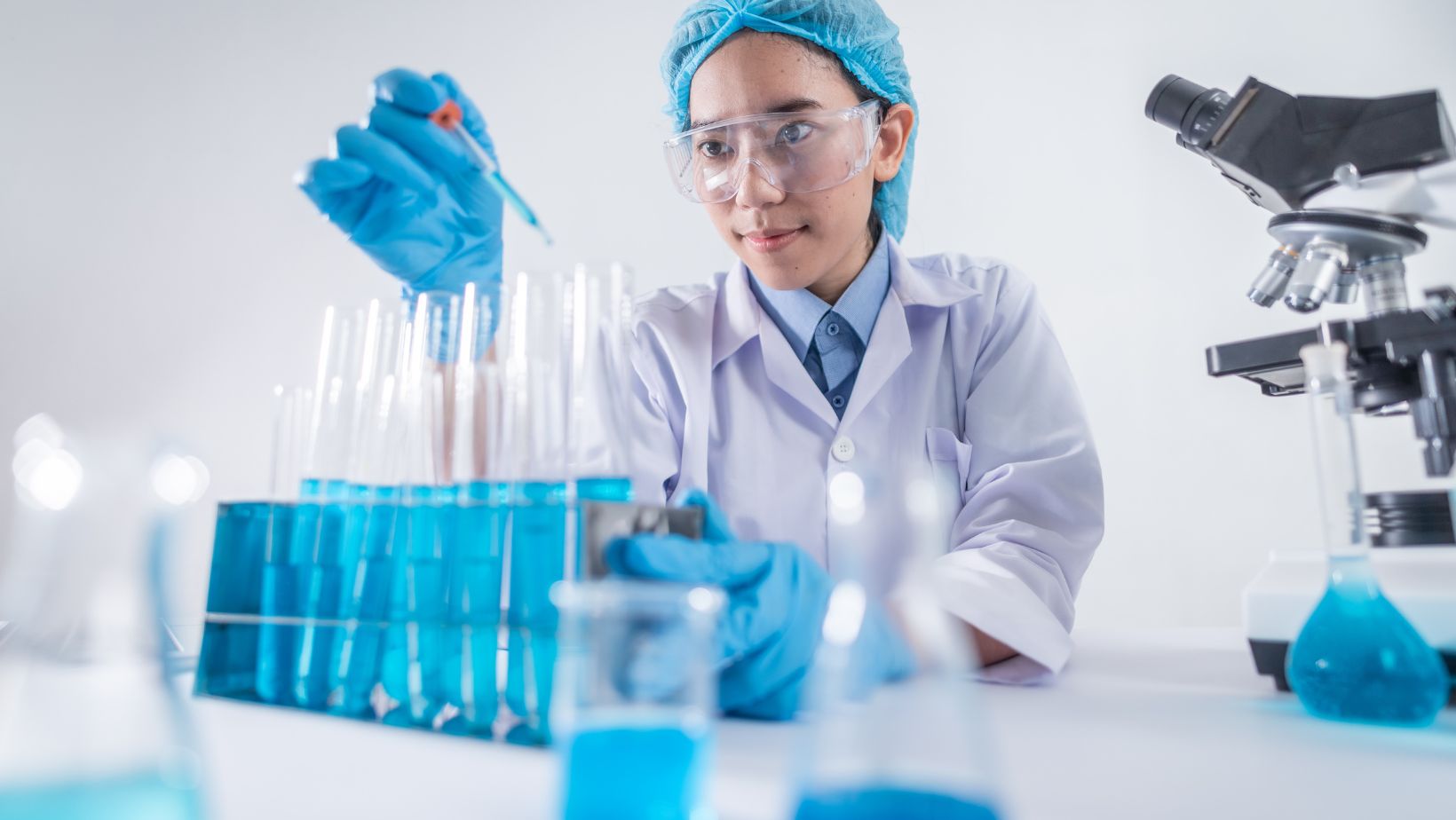Jobs For Medical Laboratory Scientist
Looking for a rewarding career in the medical field? Consider becoming a medical laboratory scientist! As a medical laboratory scientist, you play a crucial role in diagnosing and treating various diseases. From conducting tests on patient samples to analyzing data and reporting results, your work directly impacts patient care and outcomes.
Table of Contents
ToggleMedical laboratory scientists are skilled professionals with extensive knowledge in hematology, microbiology, clinical chemistry, and immunology. With advancements in technology and medicine, the demand for qualified individuals in this field is growing rapidly. Whether it’s working in hospitals, research laboratories, or public health agencies, there are numerous opportunities for aspiring medical laboratory scientists.
Not only does this profession offer job stability and growth potential, but it also provides the satisfaction of knowing that your work improves people’s lives. If you enjoy problem-solving, attention to detail, and working with cutting-edge technology, pursuing a career as a medical laboratory scientist could be an excellent choice for you. Let’s explore the exciting world of opportunities for those interested in this dynamic field!
Overview of Medical Laboratory Science
Medical laboratory science is a vital field in the healthcare sector that plays a crucial role in diagnosing, monitoring, and treating diseases. As a medical laboratory scientist, I am fascinated by the intricate processes of analyzing body fluids, tissues, and cells to provide accurate and reliable results that aid patient care.
Here are some key aspects to consider when exploring the world of medical laboratory science:
- Laboratory Testing: Medical laboratory scientists perform a wide range of tests on various samples to assist physicians in making informed decisions about patient treatment. These tests include blood analysis, microbiology cultures, genetic testing, histopathology examinations, etc. The results obtained from these tests help detect infections, identify underlying health conditions, monitor treatment efficacy, and guide disease management.
- Cutting-Edge Technology: Advancements in technology have revolutionized the field of medical laboratory science. State-of-the-art instruments and automated systems enable efficient processing of large volumes of samples while maintaining accuracy and precision. These technologies, from molecular diagnostics to flow cytometry and mass spectrometry techniques, enhance diagnostic capabilities and improve patient outcomes.
- Collaboration with Healthcare Professionals: Medical laboratory scientists work closely with other healthcare professionals as an integral part of the interdisciplinary team. Through effective communication and collaboration with physicians, nurses, pathologists, and pharmacists, we ensure that test results are interpreted correctly within the context of each patient’s clinical condition.
- Quality Assurance: Ensuring quality control is paramount in medical laboratory science. Laboratories follow strict protocols for sample collection, handling, testing procedures, instrument calibration checks, proficiency testing programs, and adherence to regulatory guidelines such as CLIA (Clinical Laboratory Improvement Amendments) standards. This commitment to quality guarantees accuracy, reliability, and confidence in test results provided to healthcare providers and patients.
Educational Requirements for a Medical Laboratory Scientist
When it comes to pursuing a career as a medical laboratory scientist, there are certain educational requirements that one must fulfill. Here’s a breakdown of the qualifications and training needed to become a successful medical laboratory scientist:
- Bachelor’s Degree: The first step in becoming a medical laboratory scientist is obtaining a bachelor’s degree in medical laboratory science or a related field. This four-year program provides students with the foundational knowledge and skills necessary for working in a clinical laboratory setting.
- Accredited Program: It’s important to ensure that your chosen educational institution is accredited by an appropriate accrediting body, such as the National Accrediting Agency for Clinical Laboratory Sciences (NAACLS). Graduating from an accredited program ensures you receive quality education and meet the industry standards.
- Coursework: Throughout your bachelor’s degree program, you’ll take courses that cover various aspects of laboratory medicine, including clinical microbiology, hematology, immunology, and molecular diagnostics. These courses provide a solid understanding of the scientific principles behind diagnostic testing.
Medical laboratory science is a dynamic and essential field that contributes significantly to patient care. With a strong emphasis on accuracy, collaboration, and cutting-edge technology, medical laboratory scientists play a vital role in diagnosing diseases, maintaining quality assurance, and supporting healthcare professionals in optimal treatment outcomes.












